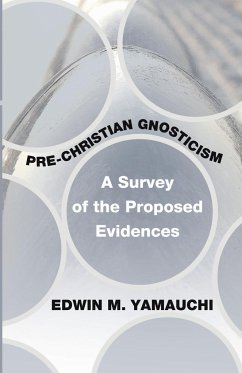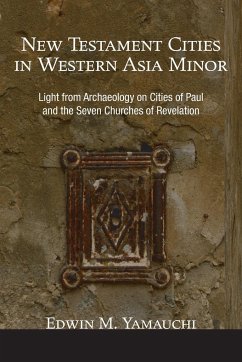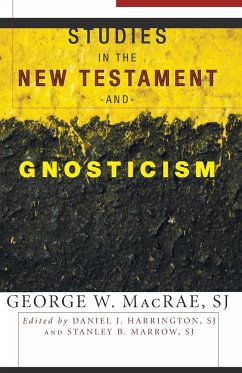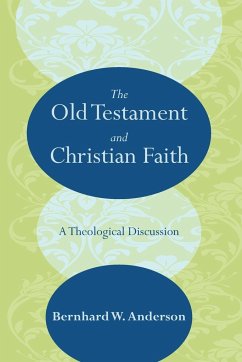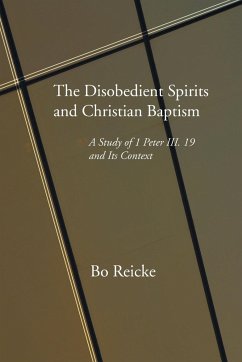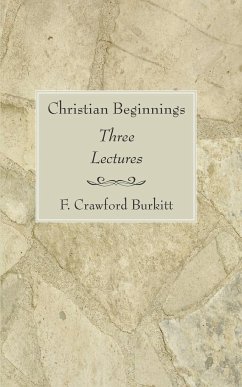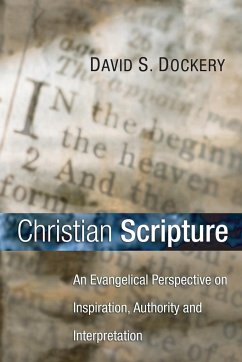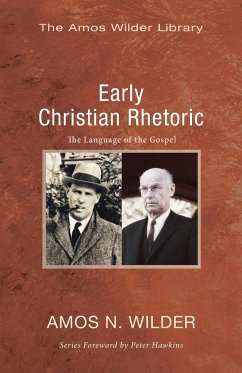One of the most important issues facing New Testament scholarship today is the issue of Gnosticism. So wrote the author in 1973 in the first edition. With the publication since then of the entire Nag Hammadi library, this observation has become even more incisive. Was there a pre-Christian Gnosticism? Did Gnosticism directly or indirectly influence nascent Christianity? Many modern scholars argue that Gnosticism preceded the emergence of New Testament Christianity and constituted the raw material from which the apostles formed their message about Jesus. The author here analyzes the evidence used to support this thesis. He notes a series of methodological fallacies in the use of this evidence and concludes that clearly Gnostic materials are late and pre-Christian materials are not clearly Gnostic. A new chapter in this paperback edition brings the discussion up to date.
Hinweis: Dieser Artikel kann nur an eine deutsche Lieferadresse ausgeliefert werden.
Hinweis: Dieser Artikel kann nur an eine deutsche Lieferadresse ausgeliefert werden.

